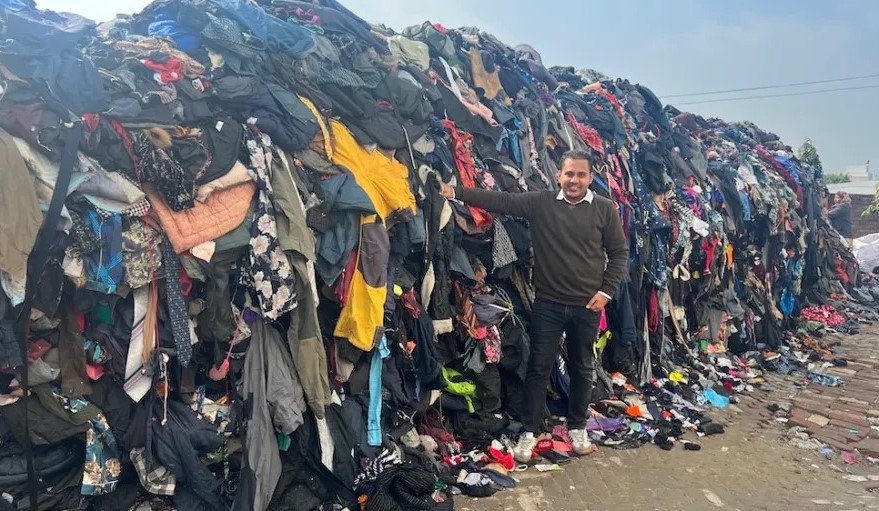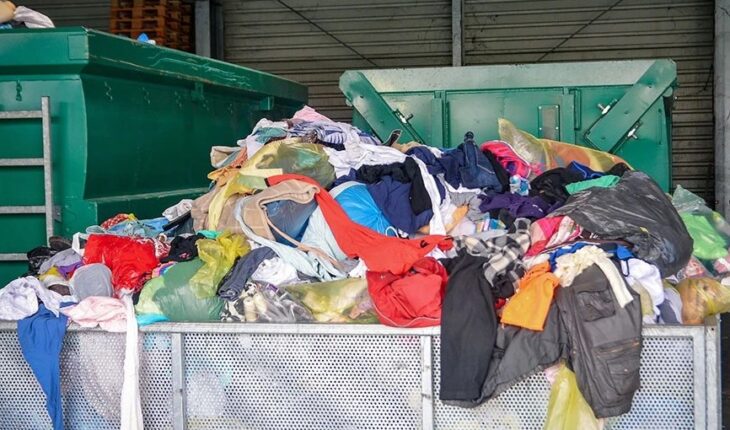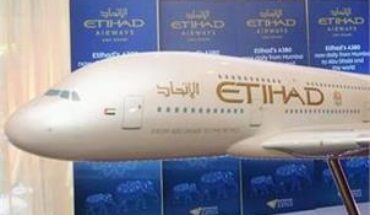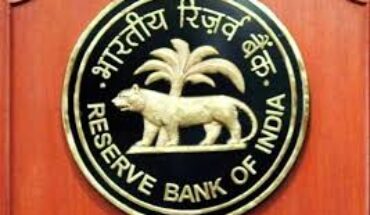Units helping in earning foreign exchange
Panipat has become a global hub in dealing with textile waste. Prime Minister Narender Modi also recently praised that Panipat’s textile industry in Haryana is helping in earning huge foreign exchange and has become a global hub in dealing with ‘textile waste’, where rugs coming from 90 countries, yarn and cloth being made having annual turnover for amount worth rupees 3,650 thousand crores from waste cloth (rugs). There are about 350-400 textile industries in this textile city in North where yarn and cloth are made by recycling the rugs coming to Panipat from about 90 countries are stored in 140-150 warehouses in the district producing over 20 lakh kilograms of yarn every day. Information reveals, nearly 270 tons of textile waste arrives in Panipat every day. Apart from this, polyester yarn is also being made by recycling PET bottles, even clothes are being made from this.

The former Union Minister of Textiles has given the message of environmental protection by wearing jackets made of polyester yarn. Entrepreneurs are importing waste cloth from foreign countries including USA and European countries to produce cloth and exporting it to the same countries to earn foreign currency, besides utilizing foreign waste in manufacturing textile products. There are eight units in textile town Panipat producing polyester yarn from PET bottles, which also include plastic bottles and broken cans. This is how the box is made from plastic thread. By recycling water, cold drink or any other bottle, white coloured plastic granules and chips are made first.
According to information, in past three years, nearly 70 new units have been set up in Panipat to produce yarn from waste. After that the grain is sent to different units and plastic sheet is made from the thread. The plastic sheet is put into the rag machine and fiber is prepared. Fiber strips prepared in automatic spinning mills is sent to the yarn making mill. The yarn making mill puts this plastic fiber in the mixture machine along with cotton fiber, after coming out of the mixture machine it reaches the filter machine through the conveyor belt, when the waste comes out from the filter and the fiber goes to the yarn making machine first and the fiber strip is prepared from automatic spinning mills and the strip passes through another machine by conveyor belt and a fine pet yarn is formed. There are around 150 units in Panipat which make thread by recycling the rugs sent back to America and European countries. According to the entrepreneurs of this sector, they are not getting any facilities from the government so far, and demanded this industry should be tax free, because the tax on the cloth which these entrepreneurs buy has already been paid.






